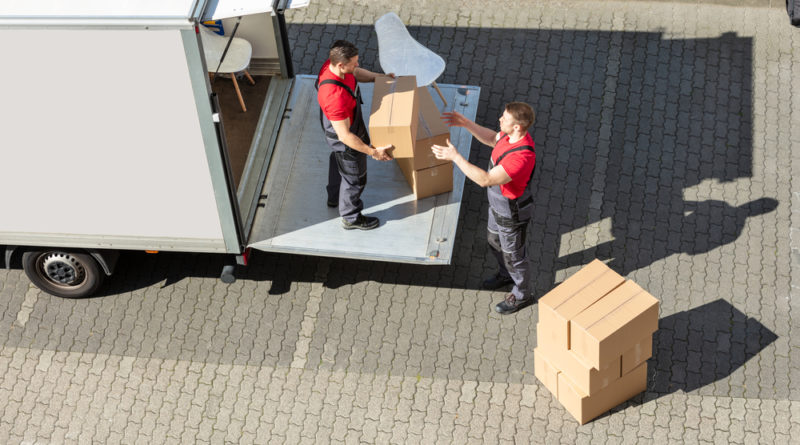4 Expenses to Keep Track of When Relocating for a New Job
You undoubtedly already know how expensive moving can be, whether locally or across state lines. It’s simple to overlook some of the moving-related fees you could incur amid the commotion of cleaning out and packing. Planning is essential for moving without experiencing a lot of stress. Moving expenses can be unpredictable, just like many other aspects of life. How far you’re traveling, whether you’re crossing state boundaries, how much luggage you have, and other factors all play a role. Our goal is to include both the essentials—truck, and lodging—and the additional hidden charges.
1- Freight Costs
You might consider renting a truck on your own. In general, this is the least expensive option. The drawback is that you and probably your pals will have to put in a lot of grueling work. A moving truck or van rental for an intra-state transfer would suffice.
You may also hire a moving company. To ensure you’re receiving a good value, request estimates from many businesses. Local moves often cost an hourly rate, while some businesses may charge a set fee. In some states, the price may be determined by the weight of the truckload rather than the hourly rate if you are transporting more than 50 miles. To safeguard your possessions in the event of loss or damage, you might also choose to acquire “full value protection” insurance from the mover.
2- Transport, Food, and Lodging
Regardless of the distance, you must also get there. That might include taking a road trip, which would involve paying for food, hotel, gas, and tolls. You can estimate how much you’ll spend on gas by using an online fuel cost calculator. If not, it entails paying for a flight, transportation to and from the airport, and sometimes exporting your car.
3- Rent and Renovations
If you rent an apartment, your new landlord may need a security deposit in addition to the first month’s rent. Before you settle in, you might need to make repairs if you’re moving into your own house. Some first-time home buyers also make investments in new locks, security systems, and smoke detectors. Before your belongings get in the way, you might also want to upgrade a few spaces. If you’re also getting a lawn, you might also need to get a mower or hire a service.
4- Furniture, Cleaning, and Essentials
Even if you are not moving with a lot of items, you will likely need to purchase some furniture for your new house. Searching online or looking at garage sales may result in savings. However, if you require any large furnishings, such as a bed or table, you may need to budget a few hundred dollars. In addition to furniture, if you’ve relocated far away, you may need to get a variety of essentials like groceries and toiletries. If you require thorough cleaning, you could also need to employ carpet cleaning or house cleaners. Before you unpack everything, you could require tools and detergents to clean your new home or apartment.
Although moving requires a significant financial investment, it need not be expensive. When organizing a relocation, consider first if you’ll do it yourself or hire professionals. Then, if it’s a long-distance move, make a note of the expense of relocating yourself as well as the cost of cleaning materials and services. Next, think about the costs of setting up your new location, replacing any furniture that is damaged, and purchasing new household things.




